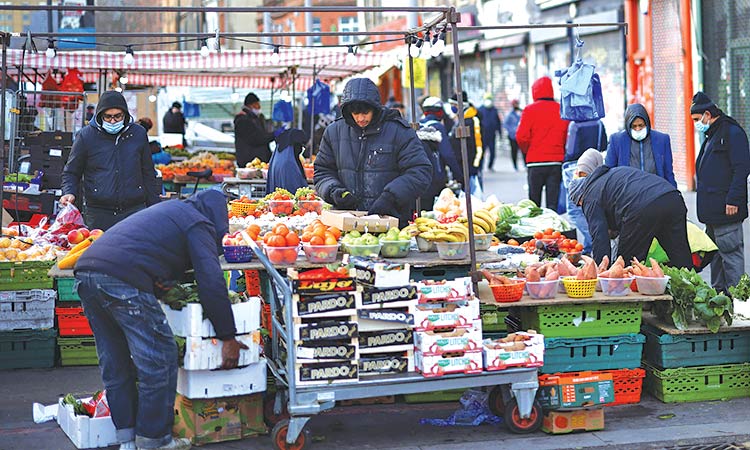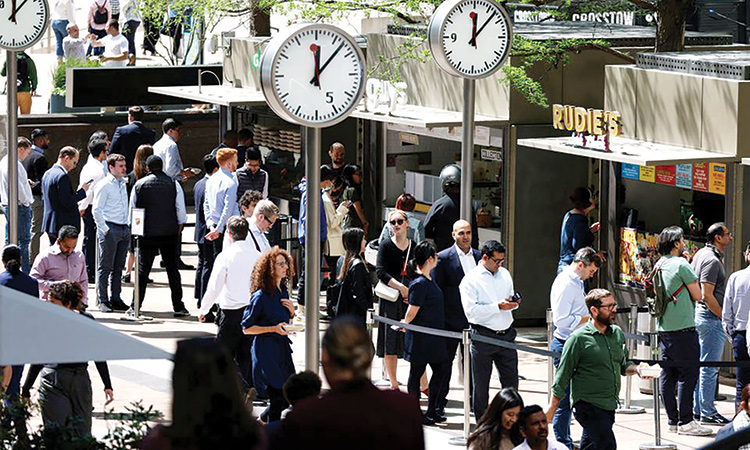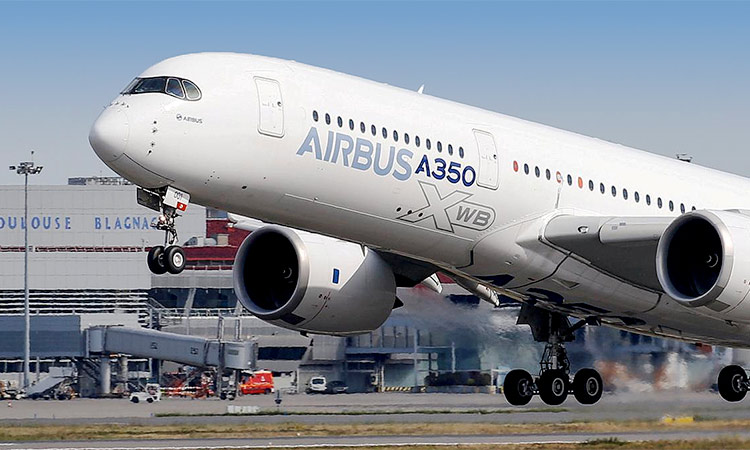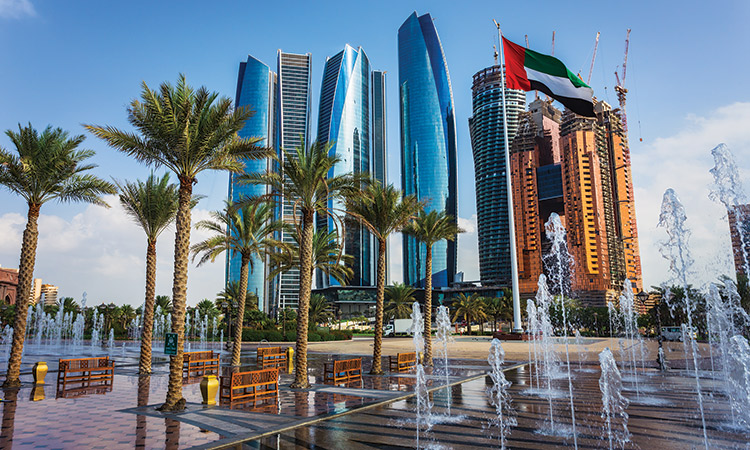British manufacturing activity growth hits 16-month low in May

Shoppers walk past an independent gift shop on Oxford Street in London, UK.
The final estimate of the S&P Global UK Manufacturing Purchasing Managers’ Index (PMI) fell to 54.6 in May from 55.8 in April, unchanged from a preliminary reading.
The survey adds to signs that Britain’s economy has been struggling for momentum as households face surging energy bills. Last week finance minister Rishi Sunak announced 15 billion pounds ($19 billion) of aid for households, on top of 22 billion pounds of broader assistance promised earlier this year.
“With the poor results for the consumer sub-sector suggesting that the impact of the squeeze on household finances is beginning to make its mark, the outlook for the manufacturing sector is poor,” said Martin Beck, chief economic adviser to the EY ITEM Club consultancy.
Meanwhile the British retailers raised prices at the fastest pace in more than a decade last month, driven by the rapidly rising cost of food and increased energy and transport costs for stores, an industry body said on Wednesday.
The British Retail Consortium (BRC), which represents supermarkets and other large retail chains, said average prices among its members last month were 2.8 per cent higher than a year earlier, the biggest annual increase since May 2011.
The BRC’s measure of inflation covers a narrower range of goods than Britain’s official consumer prices index, which showed inflation hit a 40-year high of 9.0 per cent in April off the back of surging energy prices and post-COVID bottlenecks.
Market researchers NielsenIQ said on Tuesday that British shoppers were visiting a greater number of supermarkets to seek out the cheapest groceries.
Costs paid by manufacturers and selling prices again rose rapidly last month, but at a slightly slower pace than suggested by the flash reading, the PMI showed.
A separate survey of businesses from the Bank of England showed tentative signs that expectations for price increases over the coming year had stabilised at around 6 per cent.
Still, weak confidence among businesses and consumers and the risk of recession are also weighing on the minds of Britain’s economic policymakers.
On Wednesday, the Institute of Directors said confidence in the economy among business leaders slid last month to its lowest since October 2020. Inflation - which hit a 40-year high of 9 per cent in April - was their top concern.
Another survey of businesses from the Confederation of British Industry showed they expect barely any growth over the next three months.
Manufacturing exports, a weak point in Britain’s recovery from the COVID-19 pandemic, continued to struggle, the PMI showed.
New orders from abroad contracted at the fastest rate since June 2020. Respondents cited Brexit problems, transport delays and the war in Ukraine.
Unlike the much larger services sector, manufacturing output has yet to regain its pre-pandemic level and remained 1.0% below it in March, according to official data.
Food prices on the BRC’s measure were up 4.3 per cent on the year in May compared with a 3.5 per cent rise in April, making it the largest food price rise since April 2012. Non-food prices rose 2.0 per cent.
“Items like poultry and margarine (are) seeing some of the largest increases due to soaring costs of animal feed and near-record global food prices,” BRC chief executive Helen Dickinson said.
Russia’s invasion of Ukraine has interrupted exports of grain and vegetable oil, on top of pushing up energy prices which had already leapt before the war began in February.
Last month the Office for National Statistics said food and non-alcoholic drink prices rose 6.7 per cent in the year to April, a bigger increase than the BRC. ONS data covers a wider range of food stores than the BRC and does not include ‘buy one, get one free’ offers.
Dickinson said shops were likely to increase prices further later this year, when the BoE predicts consumer price inflation will exceed 10 per cent.







